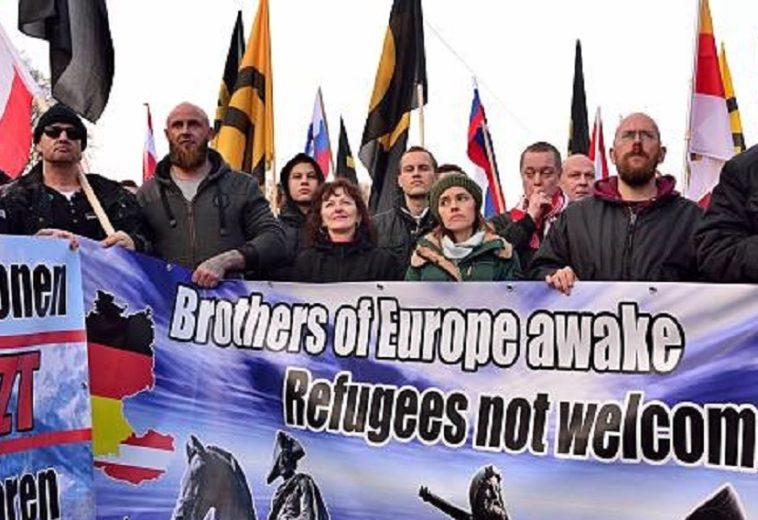The judiciary in Africa has played a crucial role in upholding justice and peace, particularly during times of political crises. Whether in post-election disputes or general political instability, African courts have been instrumental in averting lawlessness and restoring order.
From addressing complex electoral challenges to resolving constitutional crises, these judicial institutions have provided mechanisms for mediating, arbitrating, and peacefully resolving conflicts. This has been essential in preventing political instability and civil unrest, which might otherwise have spiralled into anarchy. Over the years, courts have not only provided legal avenues for dispute resolution but have also been central to upholding democratic principles across the continent.
A Kalenjin elder, reflecting on the lack of justice following post-election violence, once remarked: “We are very good at saying we don’t leave a single stone unturned, but we don’t turn a single stone. Perhaps we turn pebbles. Small stones are turned, but no one dares touch the big ones.”
The history of judicial systems in Africa is rooted in a blend of traditional and colonial influences. Pre-colonial African societies relied on indigenous conflict resolution mechanisms, such as mediation by local chiefs or elders. The advent of colonialism, however, introduced formal legal systems based on Western models, which were imposed on these traditional structures.
After independence, many African countries inherited colonial legal frameworks that were later adapted to the needs of modern states. Over time, these systems have evolved. For instance, South Africa has developed a robust constitutional court, while countries like Kenya and Nigeria have established electoral courts specifically to handle post-election disputes.
Case Studies: Courts in Action
Kenya (2007/2008 Post-Election Violence)
A significant example of the judiciary’s role in averting political crises is Kenya’s 2013 Supreme Court decision following a contested presidential election. After the post-election violence of 2007/2008, which claimed over 1,000 lives, the judiciary underwent major reforms. In 2013, opposition leader Raila Odinga challenged the presidential election results. The Supreme Court handled the case transparently and peacefully, ruling in favour of Uhuru Kenyatta. This legal process helped prevent a recurrence of the 2007 violence, highlighting the judiciary’s importance in safeguarding peace.
Ivory Coast (2010 Election Dispute)
Following the 2010 election, Ivory Coast descended into a near civil war when incumbent President Laurent Gbagbo refused to concede defeat to Alassane Ouattara. The Constitutional Council initially upheld Gbagbo’s claim to victory, but pressure from international and regional bodies led to a legal resolution. Ultimately, Gbagbo was arrested and tried at the International Criminal Court (ICC). This case underscores the role of courts in managing political crises, although international legal bodies played a crucial part in restoring peace.
South Africa (The Constitutional Court’s Role)
South Africa’s Constitutional Court has been central in maintaining political stability by holding the government accountable. In 2016, the Court ruled that then-President Jacob Zuma had violated the Constitution by failing to repay public funds used to upgrade his private residence. This landmark ruling reinforced the judiciary’s role as a check on executive power, preventing political unrest and strengthening South Africa’s democracy.
Challenges and the Road Ahead
While African courts have been effective in resolving political disputes, challenges persist. Courts are often overburdened, resulting in delays in delivering justice, which can frustrate litigants and exacerbate conflicts. In some cases, the judiciary has been accused of bias or undue influence from political elites, eroding public confidence in judicial processes. Furthermore, enforcing court rulings can be problematic, particularly when decisions go against the political establishment.
Despite these challenges, ongoing efforts to strengthen judicial institutions and implement reforms aimed at ensuring judicial independence have created opportunities to further stabilise the region. Institutions such as the African Court on Human and Peoples’ Rights, along with regional judicial bodies, have contributed to enhancing legal recourse during political crises.
The role of African courts in managing political crises is indispensable. Through legal rulings and the promotion of peaceful conflict resolution, courts have been vital in averting chaos and ensuring the stability of democratic institutions. As African nations continue to fortify their judicial systems, the judiciary will remain a cornerstone in fostering justice and peace across the continent.




